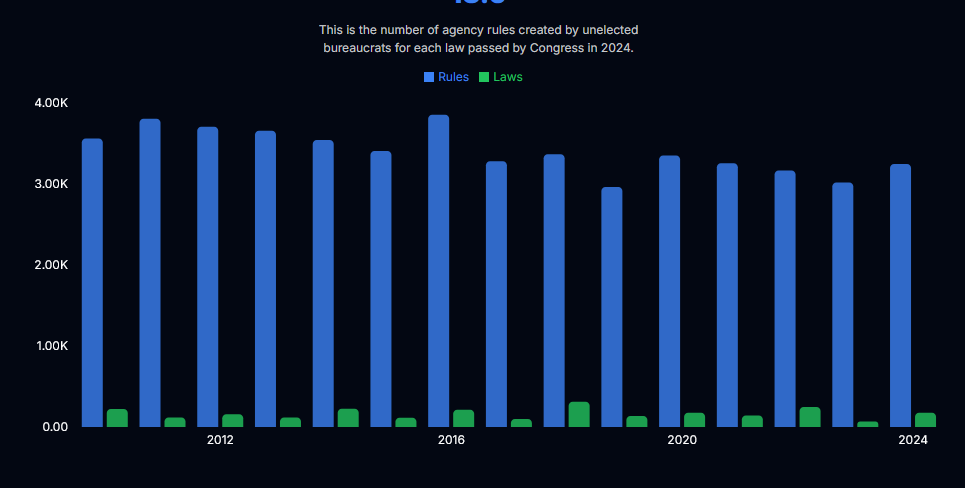With DoJ’s order to the Southern District of New York prosecutors in Manhattan to drop their bribery case against New York City’s Progressive-Democrat Mayor Eric Adams, six of those prosecutors resigned in protest. Exemplifying the trash cleanout nature of these failures and of their arrogant insistence that the prosecutors of that Southern District are independent of the DoJ, however, are the words of the seventh prosecutor to resign, Hagan Scotten, in his letter of resignation, as quoted by The Wall Street Journal.
Our laws and traditions do not allow using the prosecutorial power to influence other citizens, much less elected officials, in this way.
If no other lawyer within earshot of the President is willing to give him that advice, then I expect you will eventually find someone who is enough of a fool, or enough of a coward, to file your motion. But it was never going to be me.
The former often is true, but regarding the naked, uncaveated, nature of it, it’s also true that prosecutorial power is, in fact, often used to influence other citizens: such influence is the stuff of plea deals, particularly those involving agreements to cooperate here in return for prosecutorial discretion there. That discretion can reach as far as completely dropping the charges against the one agreeing to cooperate. That’s number one, as someone was wont to say.
The other thing is Scotten’s name-calling and virtue-signaling that is his latter bit. That he has to call names against those who disagree with him, including those misbegotten superiors of his so impudently insisting that the heretofore far too independent-acting district should actually be subordinate to the DoJ, merely demonstrates the intellectually and legally bankrupt nature of his objections.
These seven were members of DoJ’s Public Integrity Section, consisting of roughly two dozen lawyers.
In the end, Edward Sullivan, of that section agreed to be the one to sign the filing that would ask the presiding just to drop the case. His reason for doing so, here as cited by the WSJ, is instructive: to spare other career staff in the section from potentially being fired.
The insubordinates—all seven of them—are well removed from the Department. Sullivan’s rationalization for his going along, though, suggests that the entire Section wants close inspection and further rooting out, perhaps complete replacement of the remaining incumbents.

